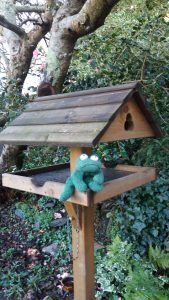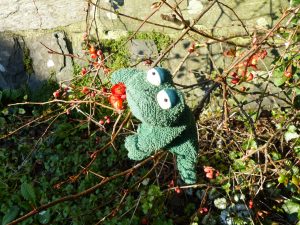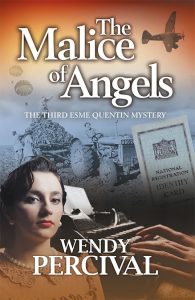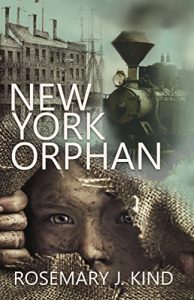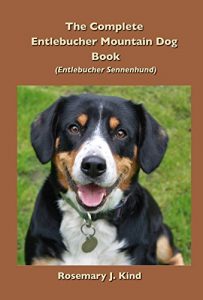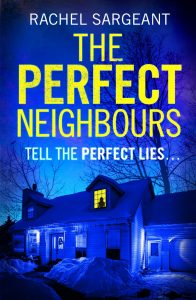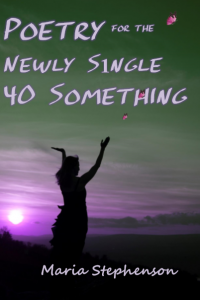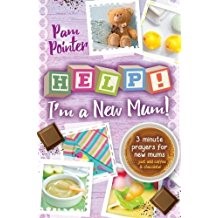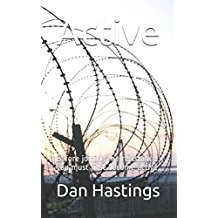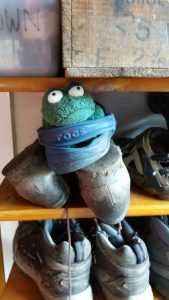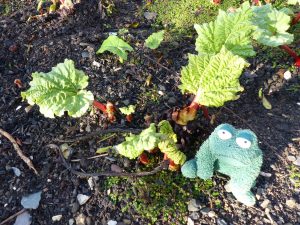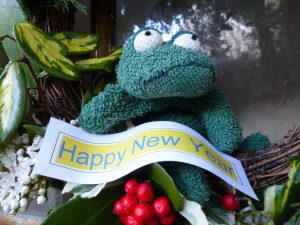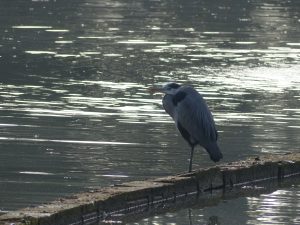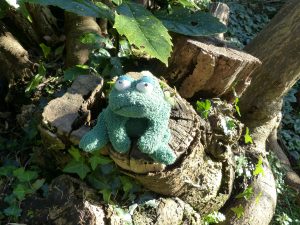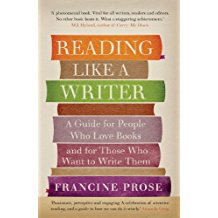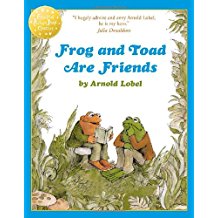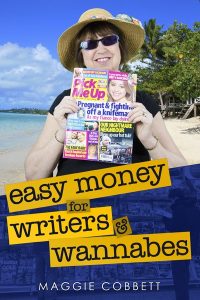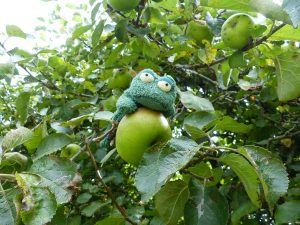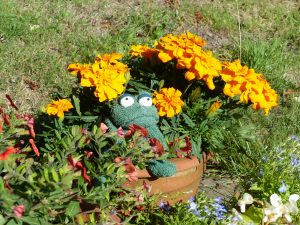Scarlet lily beetles are beautiful. They are also a menace. They treat lily leaves like a feast nurtured especially for them. Their larvae have orange bodies and black heads, but you don’t get to see much of these cheeky little fellows, because they hide in a blob of their own excrement, and munch with incredible speed.
Now, if a writer has you gripped in the pages of their book and she mentions lily beetle larvae attacking the roses, you stop. You frown. ‘That’s not right, is it?’ you think. You reread the passage to make sure you haven’t misunderstood. Then you realise. The writer hasn’t checked the facts. You’ve been distracted from the plot, and you may feel disappointed, too.
So, resolution number one:
If we’re not sure of our facts, let’s check them with the experts. For example, let’s go to the RHS website for advice on plants, and the RSPB for facts about birds. Etcetera.
The faithful Wikipedia, whose photograph is reproduced above, says
‘The lily beetle belongs to the order Coleoptera, and the family Chrysomelidae, the leaf beetles. The adult lily beetle is about 6 to 9 mm in length, with relatively long legs and antennae. Its elytra (harder forewings) are bright scarlet and shiny. Its underside, legs, eyes, antennae and head are all black. It has large eyes, a slim thorax, and a wide abdomen. Each antenna is made up of 11 segments. The eyes are notched and there are two grooves on the thorax.’
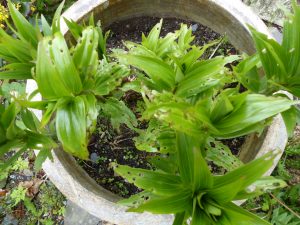 All totally riveting, but… if my character was a lily beetle, would I need to give so much information at once? I think not. I would expect eyes glazing over at the least, never mind closing my book, and my reader vowing never to read another of my stories.
All totally riveting, but… if my character was a lily beetle, would I need to give so much information at once? I think not. I would expect eyes glazing over at the least, never mind closing my book, and my reader vowing never to read another of my stories.
It’s the same with descriptions. A couple of well-chosen details can make a character totally believable, or a setting completely real. Readers have broad imaginations, and are willing to fill in details for themselves.
So, resolution number two:
Let’s try to remember that less is more.
For those interested, Wikipedia says:
‘This lily beetle may be confused with the cardinal beetle (Pyrochroa serraticornis), which also has red elytra and a black underside. The wing cases of the lily leaf beetle are dimpled and are shinier and more rounded than those of the cardinal beetle, which are relatively dull, and narrower, flatter, and more elongated. The cardinal beetle also has comb-like antennae. The lily leaf beetle is herbivorous, while the cardinal beetle preys on insects.’ 
When we write a story, let’s try not to confuse the reader by introducing characters that are similar, but not the same. I read a children’s novel recently where groups of names were so similar – very short and starting with the same letter – I could scarcely keep up with them. OK, I know children have young, fast-moving thought-processes, but I thought that several young readers at any one time may have ended up feeling their brains had been invaded by identical aliens.
So, resolution number three:
Let’s try to make our characters distinct individuals, with minds, characters, and names that cannot be confused with anyone else in their world.
Unless they happen to be identical twins of course. That’s a different story!
FROG: (Scanning for lily beetles)
I’m sure they must be edible. There’s only one way to find out.

